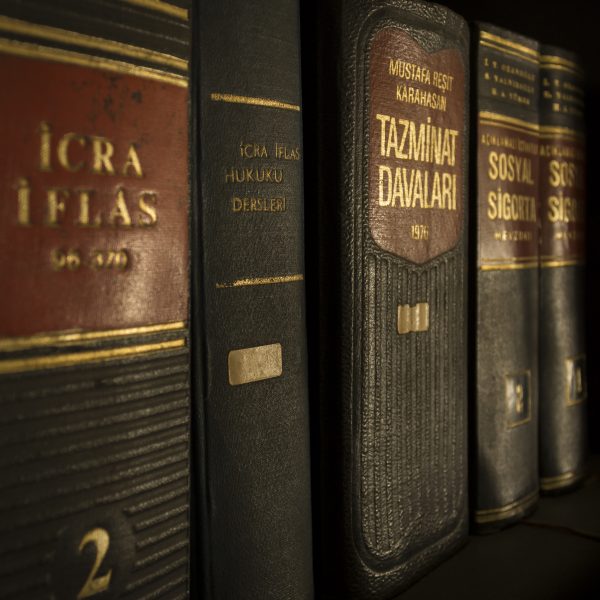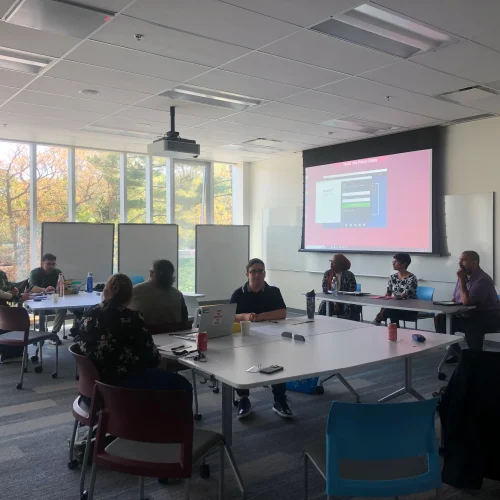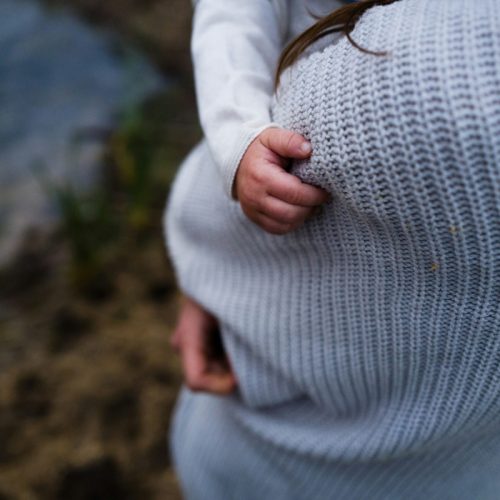
On April 22, 2021, the Council of the Canadian Association of University Teachers (CAUT) unanimously voted (with one abstention) to censure the University of Toronto for violating academic freedom in the hiring process for the Faculty of Law’s International Human Rights Program Director. The Faculty of Law’s selection committee unanimously agreed on a single candidate, Dr. Valentina Azarova. Administrators and Dr. Azarova were in “advanced negotiations” when the then-Dean Edward Iacobucci put a halt to the selection process and reversed course. The University’s commissioned review into the affair was done by the Hon. Thomas Cromwell (ret). Cromwell, now senior counsel at Borden Ladner Gervais LLP, found that a third party organization, the Council on Israel Jewish Affairs (CIJA), prompted a former director of its board, UofT alumnus and donor, and Federal Tax Court justice David Spiro, to make inquiries about the candidate, and convey concerns about her qualifications. CIJA’s concern with Dr. Azarova centered on her published scholarship critical of the State of Israel and its occupation of Palestinian territories. Details of the events that led to the scuttled hiring process have been widely reported, and can be found here. Cromwell found no wrongdoing by either Justice Spiro or Dean Iacobucci. CAUT adopted a different standard of review than Cromwell, focusing instead on plausibility. David Robinson, executive director of the CAUT, explained the reason for censure, “In a close examination of the facts of the case, CAUT Council found it implausible to conclude that the donor’s call did not trigger the subsequent actions resulting in the sudden termination of the hiring process.”
The censure is a powerful symbol that requires action to ensure the primacy of academic freedom. Academic units are complex institutions, and require careful calibration between respecting the censure and maintaining operational integrity given certain equities embedded in programming priorities. The Institute of Islamic Studies has, since 2018, been a vehicle for leveraging advanced research to recalibrate public conversations about communities that have for long remained on the margins. Indeed, through our research and programming, we have developed close working relationships with academics, community organizations, governmental bodies, and so on. Those relationships are in large part designed to interrogate through academic excellence and rigor the sometimes hegemonic discourses of academia, and the unduly coercive policies of the state on the bodies of racialized religious minorities in Canada, the United States and Europe. The Institute of Islamic Studies aims to respect the CAUT censure while ensuring that the recalibration we now effect through our work will continue. The import of this work is heightened by the recent attack in London, Ontario, which left four dead and orphaned a nine year old boy still recovering from his injuries. Of course, under the censure, nothing will be “business as usual”, but our core commitments to equity and academic freedom across all our projects remain unabated.
For as long as the censure remains in place, the IIS will undertake the following measures:
- All of our public-facing programming involving non-UofT faculty and personnel will be postponed until after the censure is lifted. We are grateful for the support of those colleagues who agreed to join us in Toronto in the 2021-2022 academic year, and look forward to hosting them soon.
- Any and all student-oriented projects and initiatives shall continue unabated. Our students operate under already trying conditions (economic, pandemic, and otherwise), and the IIS will continue to support their education, growth, and development as future scholars.
- “Hearing Palestine”, a joint initiative of the IIS, Department of History, and the Centre for the Study of the United States, will continue its programming in the 2021-2022 academic year. The events will be conducted in partnership with a second academic institution that will serve as host for our non-UofT speakers. Pushing forward with “Hearing Palestine” is necessary under the circumstances herein. Azarova’s work on Israel and Palestine was the principal motivation for third party interference in the IHRP hiring process, and speaks to a broader “Palestine exception” to academic freedom at UofT and elsewhere.
- The Muslims in Canada Archives (MiCA) shall continue with its community facing programming. Canada’s archival landscape offers little to account for Muslim contributions to Canadian heritage. This lack or absence precludes effective storytelling by and about Muslims at a time when the dominant narrative is one of security and threat. This is especially poignant after the horrific murder of a Muslim family in London, Ontario on June 7, 2021. MiCA will continue its work to acquire records that capture the multifaceted stories of Muslims in Canada.
- The Muslims in Canada Data Initiative (MiCDI) shall continue its community-facing work as it pursues 2021 census-related project. Canada’s data landscape does not include regular data on Muslims in Canada, and the challenges they face. This lack of data effectively erases Muslims and their needs from democratic policy making processes. To ensure that this community does not remain on the margins of visibility, the MiCDI project will remain vigilant in its effort to rectify Canada’s systemically problematic data eco-system.
- Reading Muslims is a project that involves both faculty and graduate students at the University of Toronto and beyond. We will not be hosting public workshops with non-UofT faculty at Reading Muslims. However, any and all programming by and for graduate students will continue unabated. Reading Muslims centers our doctoral students’ creativity and innovation. Our graduate students are already struggling with difficult academic programs in pandemic circumstances at a time when the academic market in tenure track jobs is shrinking. We will not further reduce their opportunities by postponing their work for Reading Muslims.




